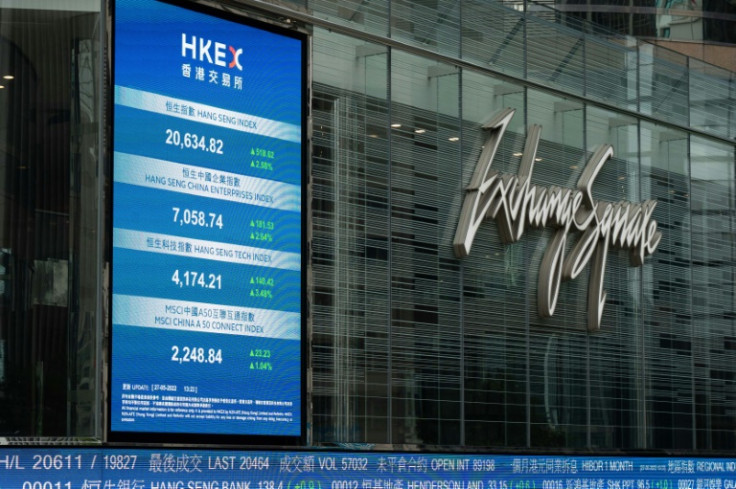
In January this year, for the first time in more than 14 years, China's consumer prices fell at their steepest pace.
According to official data published by the National Bureau of Statistics, the consumer price index fell by 0.8 per cent in January 2024, compared to that of January 2023.
The steep drop in January this year followed a 0.3 per cent decrease in consumer prices in December – the National Bureau of Statistics said.
The steep decline also marked China's largest consumer price index decline since September 2009.
While economists found that a sharp drop in food prices led to the consumer price decrease, analysts warned that the overall economic anti-climax risks are deep-set and reliant on consumer behaviour.
However, throughout 2023, China's consumer price index increased by 0.3 per cent month-on-month from a 0.1 per cent uptick the previous month.
China is currently home to the second largest economy in the world, followed by the USA with $25.44 trillion, but the country has been tackling slowing prices since the early months of last year.
Despite many developed nations struggling with stubbornly high inflation rates, China's slowing economy, which measured at $17.96 trillion in 2022, has also forced the authorities to boost financial growth by cutting interest rates.
The COVID-19 pandemic hugely impacted China's finances, with nervous investors scrapping Chinese stocks amid a local housing crisis and the threat of local government debt.
An official survey that studied the activity of China's controversial manufacturing field, also showed that the global demand for the East Asian nations' products has eased slightly.
Producer prices also fell, boosting the pressure on policymakers to put more effort towards reviving the economy that is low on confidence.
The decrease in producer prices also pushed policymakers to work towards tackling China's economic deflationary threat.
"The disinflationary pressure from ongoing property downturn points to a delayed reflation path for China," strategists at Goldman Sachs wrote in a note to clients.
While China's deflation contrasts the current financial situation in the UK, which recently saw the price of food and non-alcoholic beverages increase by a staggering 8.0 per cent in 2023, deflation often leads to people choosing to delay making purchases with the hope of the prices decreasing even more.
The hold-off on purchases inherently creates a vicious cycle that drags down growth.
Zhiwei Zhang, the Chief Economist at Pinpoint Asset Management, told reporters: "The consumer price index data today shows China faces persistent deflationary pressure."
"China needs to take actions quickly and aggressively to avoid the risk of deflationary expectation to be entrenched among consumers," Zhang added.
The instability of China's economy and consumer demand has also threatened brands, including Apple.
Although the smartphone giant said that it would make efforts to diversify its manufacturers, more than 95 per cent of Apple products are made in China.
The products include iPhones, AirPods, Macs and iPads.
In a note to his clients, Senior Asia Economist Carlos Casanova also said: "Deflation is becoming entrenched."
Casanova, who works for Union Bancaire Privee in Hong Kong, explained: "The decline is testament to weak domestic consumption. We think a massive stock market sell-off is partially to blame for the decline in sentiment and associated consumption."
The Senior Asia Economist went on to point the finger at the government for failing to "deliver stronger policy support".
"We would prefer to see broad-based interest rate cuts in February, but that remains unlikely given the lack of policy space and issues in policy transmission," Casanova added.







